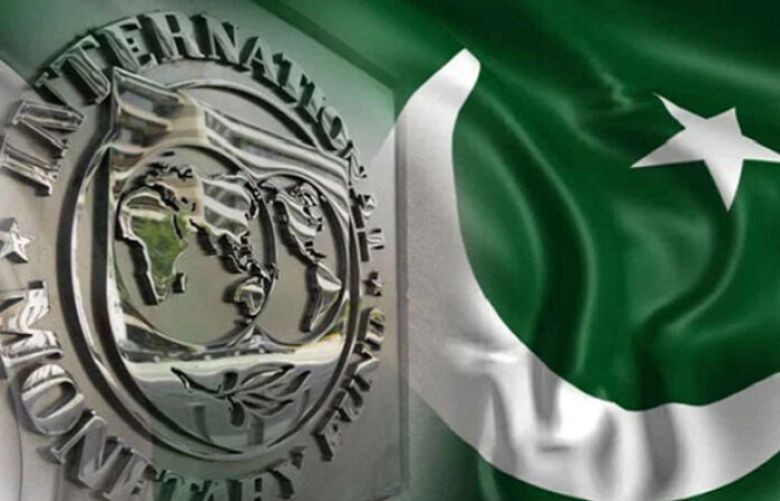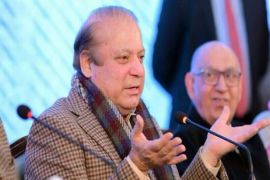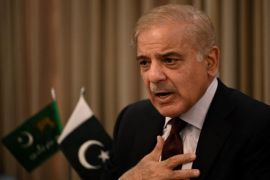In its budget for the 2023–24 fiscal year, which will be presented on Friday, Pakistan's government would seek to find the right balance between reforms to satisfy the International Monetary Fund and steps to win over voters in upcoming elections, analysts said.
In order to complete its IMF program, Pakistan has to release around $2.5 billion, but it has been unable to reach a deal with the lender due to the country's challenges with record inflation, fiscal imbalances, and low reserves. The government hopes that the general election, which is scheduled for November, will end the unrest caused by the protest movement that former premier Imran Khan has headed since his resignation in a no-confidence vote last year.
According to Miftah Ismail, a former finance minister, the government must obtain IMF money to prevent a massive budget. “I'm confident the government would develop a budget that is generally in line with IMF recommendations since Pakistan would struggle to survive the upcoming fiscal year without the IMF “, Ismail stated.
Since November, there has been a delay in a staff-level IMF decision to release $1.1 billion of a $6.5 billion package. The money is necessary for Pakistan to avoid a balance of payments crisis, and the majority of analysts predict that even when the current program expires, Pakistan will need a bailout in the upcoming fiscal year to avoid defaulting on its financial obligations.For approximately a month, central bank reserves may be utilized for imports.
In May, the 220-million-person nation's inflation rate increased to 37.97%, setting a record for the second consecutive month and reaching the highest level in South Asia.
The budget targets for development spending in the upcoming fiscal year were announced by the planning minister on Tuesday. The inflation rate for the year is expected to be 21%. Ahead of the general election, some analysts predict that the government will present vote-winning policies on Friday, even if they must eventually be pulled back.
According to Fahad Rauf, head of research at the Karachi-based brokerage Ismail Iqbal Securities, he expected an increase in government employee pay and a package for the agricultural industry, with little to no major action taken to extend the tax base. "Banks and taxed industries will continue to feel the heat," Rauf stated, adding that he believed a 10% "super tax" on more than 15 sectors would be implemented once more, despite the government's claim that it was a one-time payment last year.
For the fiscal year 2022–2023, the government projected a total expenditure target of 9.5 trillion rupees, up from 8.49 trillion rupees the previous year, when plans had to be adjusted back due to IMF dissatisfaction. According to Rauf, a repetition of that is anticipated this year.
Considering the need for additional IMF support, independent economist Saqib Sherani expressed his agreement that the budget will be packed with populist pre-election measures that would be unlikely to last through the quarter of July to September.







